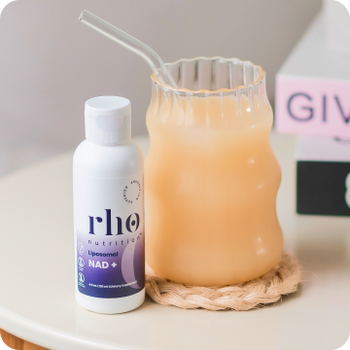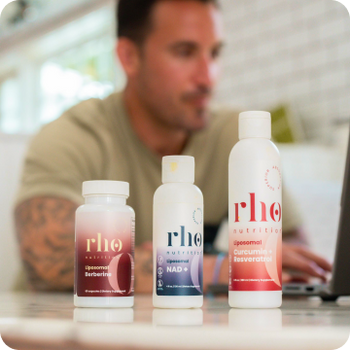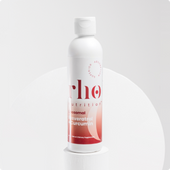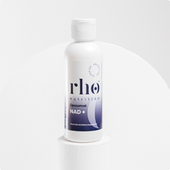Introduction
If you've ever taken a vitamin C supplement, you know that it can do wonders for your health. Studies show that this powerful antioxidant is good for your immune system and also helps ward off wrinkles. But what about applying pure vitamin C directly to your skin? Is it safe? And if so, how do you safely use it on your body? Let's take a look at both of these questions right now!
Can you use pure vitamin C on your skin?
Well, the short answer is yes. Pure vitamin C can be helpful for your skin. It’s an antioxidant that helps reduce the signs of aging, sun damage and acne. It even helps reduce the appearance of scars!
It’s important to note, however, that if you want to use pure vitamin C topically on your face, it needs to be in a water-free form (such as l-ascorbic acid or magnesium ascorbyl phosphate). If you try applying a product that contains water when using pure vitamin C then you will actually dilute its effectiveness rather than enhance it. Water alone won’t do anything for your skin anyway so don't worry about adding any more moisture into your routine than necessary!
Pure vitamin C can have amazing benefits for your skin
Vitamin C is an essential nutrient that your body needs to maintain good health. It can be found in many fruits and vegetables, as well as supplements. Vitamin C has numerous benefits for your skin and body, including helping with collagen production, reducing the signs of aging and healing wounds.
If you're looking for a way to naturally improve the appearance and texture of your skin, pure vitamin C could be an excellent choice for you!
Foods that are high in vitamin C might help reduce the signs of aging
A study published in the Journal of Clinical Biochemistry and Nutrition showed that people who took 1,000 mg of vitamin C daily had fewer wrinkles than those who didn't. This could be because vitamin C is an antioxidant, which helps protect your skin from damage caused by exposure to UV rays and other environmental factors. Some studies also suggest that too little vitamin C in your diet can contribute to collagen breakdown and cause fine lines and wrinkles, but there's not enough evidence to support this claim yet.
However you choose to incorporate it into your routine, using pure vitamin C on your skin may prove beneficial for the long term—and it's certainly less expensive than getting injections!
Oral Liposomal-encapsulated vitamin C supplements can give you the same benefits as topical even though it is taken orally
Liposomal-encapsulated vitamin C is the most efficient way to to take Vitamin C as an oral supplement, which can have many of the same benefits as applying Vitamin C directly on the skin. Liposomal-encapsulated vitamin C is a good way to deliver the active ingredient in high concentrations directly into the bloodstream, which can help reduce fine lines and wrinkles, treat acne, improve skin tone and texture, lessen scarring from wounds or injuries, fade age spots and sun damage caused by UV rays as well as other sources of oxidative stress.
In fact studies have shown that liposomal-encapsulated vitamin C penetrates the gastrointestinal epithelial wall more effectively than normal forms or application because it bypasses absorption barriers such as cellular membranes (the outer layer of cells) that protect us from toxins but limit drug delivery into our bodies.
You can use pure vitamin C on your skin, but you need to make sure that you're doing it safely. To do so, follow these four steps:
- Make sure the vitamin C is in a concentration high enough to absorb into the skin and give you benefits (minimum of 10%)
- Choose an effective delivery method that will allow your skin to absorb the vitamin C efficiently
- Use it for the right reasons—and don't just assume that all vitamin C is safe
- Don’t stop taking the right vitamin C orally as many of the same beauty benefits start within—if taken orally use liposomal vitamin C








Leave a comment